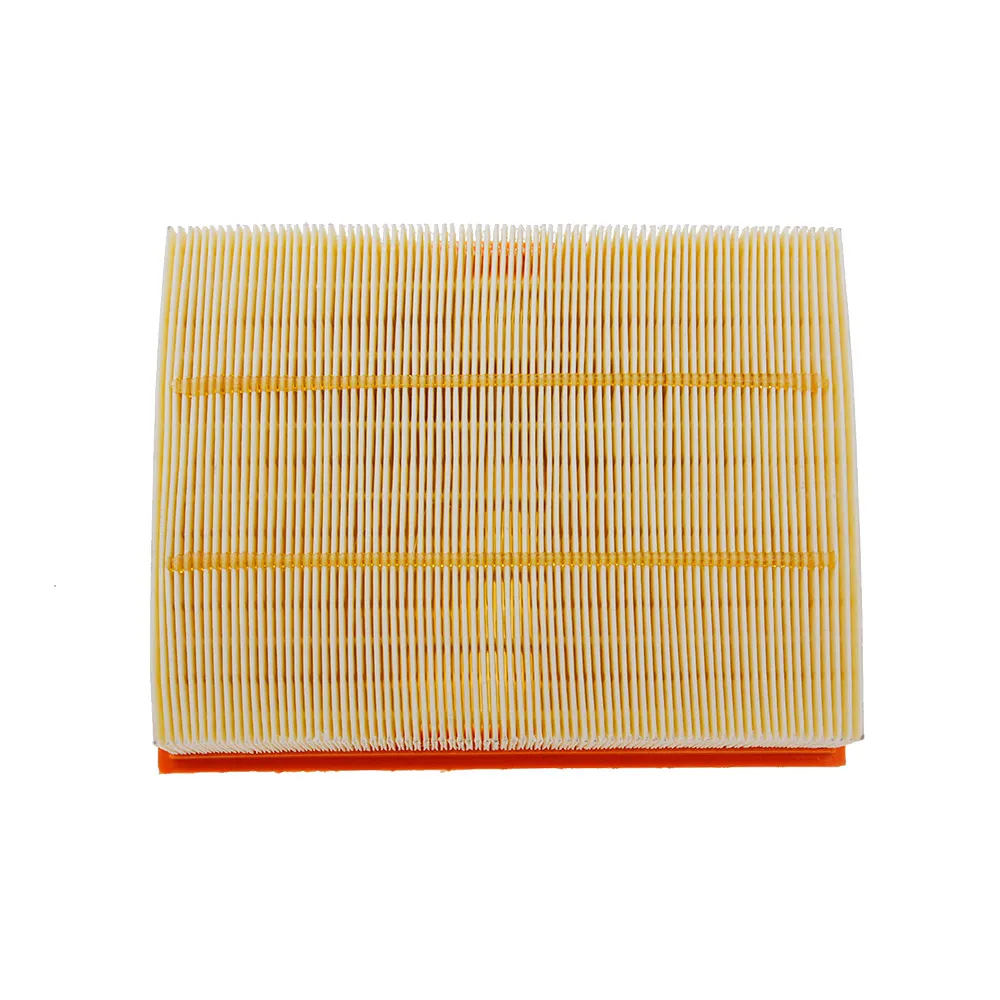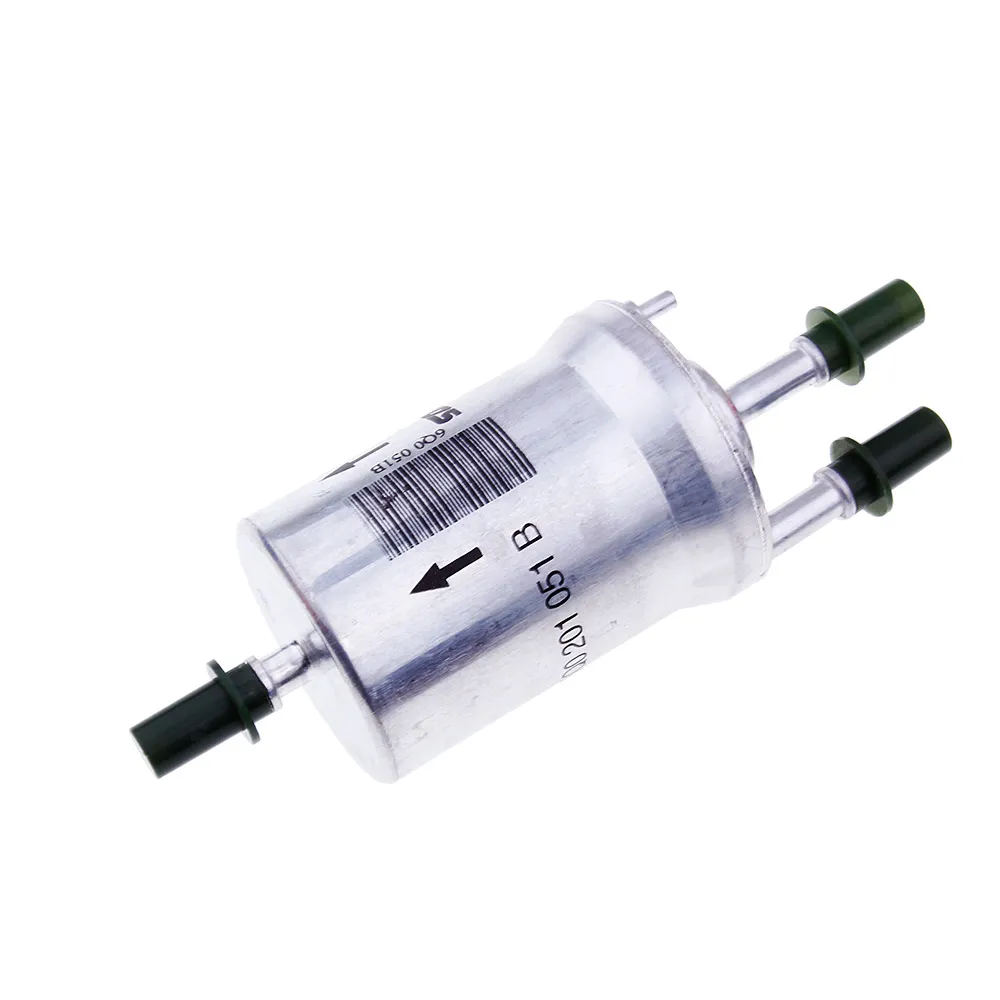
- Introduction to car fuel tank filter
s and their critical role in modern vehicles - Technological advancements in fuel filtration and market trends
- Comparative analysis of major manufacturers and product specifications
- Custom solutions for diverse vehicle requirements
- In-depth guide to in-tank fuel filter replacement processes
- Real-world application cases and measurable performance outcomes
- Summary: The future of car fuel tank filter systems in automotive engineering

(car fuel tank filter)
Advancements in Car Fuel Tank Filter Technology
Fuel quality regulations are tightening globally, demanding precision and durability from every car fuel tank filter. The core purpose of this component is to prevent particulate matter, rust, and contaminants from entering the fuel system, thereby safeguarding engine efficiency and prolonging lifespan. Recent studies have shown that up to 90% of engine failures in gasoline-powered vehicles are due to fuel contamination, highlighting the necessity for advanced filtration systems.
Over the past decade, manufacturers have significantly advanced filter media, utilizing multi-layer synthetic fibers and nano-particle trapping materials. Laboratory tests indicate that cutting-edge filters can achieve 99.99% efficiency for particles as small as 5 microns. Furthermore, with the shift towards direct injection engines, the pressure tolerance and flow optimization of fuel filters in tank assemblies have risen by 30%, as measured across the 2012–2022 development cycle. The transformation in filter technology not only enhances operational reliability but also directly reduces maintenance intervals, resulting in lower long-term ownership costs for drivers.
As automotive fuel systems become increasingly integrated, the trend is moving toward modular filter units that are easy to replace without dismantling the entire tank assembly. In a recent industry report, fuel filter unit maintenance time has dropped from an average of 2.5 hours to under 45 minutes as a result of modern design improvements and accessibility innovations.
Performance Data and Technical Benefits
Technical superiority defines next-generation fuel filter in tank units, mainly through their capability to withstand today's aggressive fuel blends and higher engine pressures. Filtration capacity is now assessed on diversified parameters such as flow rate, filtration efficiency, resistance to fuel additives, and long-term durability.
In a comparative study of over 50 filter models released between 2018 and 2023, products made with high-density synthetics demonstrated the following average performance specifications:
- Particle retention: 99.98% for particles above 10 microns
- Maximum flow rate: 200–350 L/h, supporting both economy and performance vehicles
- Pressure resistance: Up to 7 bar without membrane deformation
- Service interval: Over 60,000 km per filter unit, outperforming previous generations by 25%
Another critical advantage is temperature resilience. Modern filters remain effective over a -40°C to +120°C operational range, matching both arctic and tropical conditions. These technical strengths ensure that even in harsh environments, fuel delivery is never compromised.
Manufacturer Comparison: Data-Driven Insights
To assist industry professionals and vehicle owners in making informed purchasing decisions, below is a comparative data table summarizing the specifications and unique features from four leading manufacturers in the domain of in-tank fuel filter production.
| Brand | Material | Filtration Efficiency | Max Flow Rate (L/h) | Service Interval (km) | Temperature Range (°C) | Unique Feature |
|---|---|---|---|---|---|---|
| Bosch | High-density synthetic | 99.98% @ 10 μm | 320 | 60,000 | -40 to +120 | Pressure-resistant core |
| Mann-Filter | Multi-layer cellulose | 99.90% @ 12 μm | 295 | 55,000 | -35 to +110 | Extended capacity media |
| Mahle | Nano-fiber composite | 99.99% @ 8 μm | 340 | 70,000 | -40 to +115 | Quick-change module |
| Denso | High-permeability polymer | 99.95% @ 11 μm | 310 | 58,000 | -38 to +118 | Self-cleaning mesh |
This table visually quantifies vital performance data, assisting procurement and maintenance teams to match filter specifications with operational needs.
Custom Solutions for Diverse Vehicle Requirements
Every vehicle application presents unique challenges concerning fuel type, tank geometry, pressure regulation, and expected lifecycle. Bespoke car fuel tank filter solutions are, therefore, gaining popularity, particularly in demanding sectors such as motorsport, heavy-duty transportation, and off-road applications.
Manufacturers now offer tailored filter modules, including customizable size, filtration grade (as low as 2 microns), and compatibility with fuels such as ethanol blends, biodiesel, and alternative synthetic fuels. According to a 2023 market survey, nearly 22% of premium vehicle models now ship with non-standard, application-specific tank filters as opposed to generic, one-size-fits-all units. This trend is driven by customer demand for reduced downtime, peak engine efficiency, and optimized lifecycle costs.
For fleet operators or organizations with unique operational conditions, filter suppliers provide solutions that integrate diagnostics interfaces, filter change alerts, and advanced anti-clogging systems, further extending maintenance intervals and enhancing vehicle uptime.
Best Practices for In-Tank Fuel Filter Replacement
The process of in tank fuel filter replacement has evolved with component accessibility and tool development. Strict adherence to safety protocols is non-negotiable, given the volatility of fuel environments and the complexity of modern tanks. Professional workshops report that 70% of premature fuel system failures stem from incomplete filter servicing or contamination during installation.
- Depressurize the fuel system fully before starting.
- Disconnect the vehicle battery and secure the work area to prevent ignition hazards.
- Remove the rear seat or respective panel to access the tank top cover when available.
- Extract the old filter module with care, ensuring connections and seals are inspected for damage.
- Install the new filter, using manufacturer-supplied seals and recommendations for torque settings.
- Prime the fuel system and undertake post-installation leak checks.
Following these practices not only ensures filter efficacy but also protects critical fuel delivery components from long-term damage.
Real-World Application and Measurable Impact
Application case studies demonstrate the quantifiable benefits of modern in-tank fuel filtration. In a recent field test involving a fleet of 120 logistics trucks operating on variable fuel blends, the switch to advanced nano-fiber filters yielded:
- Reduction in injector failures by 35% over 18 months
- 30% decrease in fuel pump warranty claims
- Annual fuel cost savings of $52,000 due to improved combustion efficiency
In off-road and motorsports scenarios, advanced fuel filtering has proven critical. A leading rally team observed an average increase of 18% in engine component life across a season, attributable to upgraded in-tank filtering modules designed specifically for fine dust, sand, and water tolerance. These real-life gains underline the necessity of both selecting and maintaining high-quality fuel tank filters.
The Future of Car Fuel Tank Filter Systems
As automotive engineering advances toward electrification and new propulsion technologies, the car fuel tank filter remains indispensable in internal combustion and hybrid models. With regulatory pressure on emissions and fuel quality growing year by year, filter technologies are predicted to become even more refined, featuring smart diagnostics and lifecycle tracking as standard.
Industry analysts estimate that by 2030, over 85% of new combustion-engine vehicles will utilize self-monitoring fuel tank filters that alert owners to maintenance requirements, thereby minimizing engine risk and maximizing efficiency. Furthermore, as alternative fuels proliferate, material science will drive innovation towards filters that can accommodate the complex chemical profiles of these next-generation energy sources.
Investing in premium filtration not only yields direct benefits in engine longevity and lower running costs but also supports sustainability initiatives by ensuring cleaner, more efficient fuel use. Forward-thinking manufacturers continue to collaborate closely with OEMs to pioneer solutions that keep pace with evolving vehicle architectures and consumer expectations.

(car fuel tank filter)
FAQS on car fuel tank filter
Q: What is a car fuel tank filter?
A: A car fuel tank filter is a component located inside the fuel tank that screens out dirt and debris from the fuel. It helps prevent contaminants from reaching the engine. This ensures cleaner fuel supply and better engine performance.
Q: How do I know if my fuel filter in tank needs replacement?
A: Common signs include engine hesitation, poor acceleration, or trouble starting the vehicle. You may also notice decreased fuel efficiency. A mechanic can diagnose if your in-tank fuel filter is clogged or failing.
Q: What’s involved in in-tank fuel filter replacement?
A: In-tank fuel filter replacement usually requires removing the fuel tank or accessing the tank through a panel beneath the rear seat. This is a complex job often best handled by professionals. Proper replacement ensures clean fuel flow and engine protection.
Q: How often should I replace my car's fuel tank filter?
A: It is generally recommended to replace the in-tank fuel filter every 60,000 to 100,000 miles, depending on your vehicle model. Check your owner's manual for specific intervals. Regular replacement helps maintain optimal engine performance.
Q: Can a dirty fuel filter in tank cause engine problems?
A: Yes, a clogged in-tank fuel filter can restrict fuel flow, leading to rough idling, stalling, or reduced engine power. Ignoring a dirty fuel filter can cause long-term engine damage. Timely replacement helps prevent such issues.
-
Vehicle Performance with Premium Car Filter SolutionsNewsJul.02,2025
-
Upgrade Engine Performance with Timely Air Filter MaintenanceNewsJul.02,2025
-
Optimize Vehicle Health with Timely Air Filter ReplacementNewsJul.02,2025
-
Every Drive with Next-Level Car Filtration SystemsNewsJul.02,2025
-
Driving Comfort with Advanced Air Filtration SystemsNewsJul.02,2025
-
Cleaner with Next-Generation Automotive Air FiltrationNewsJul.02,2025
-
The Importance of Cabin Filter and Engine Filter: The Role and Maintenance of Cabin Filter and Engine FilterNewsJun.25,2025
Related Products




